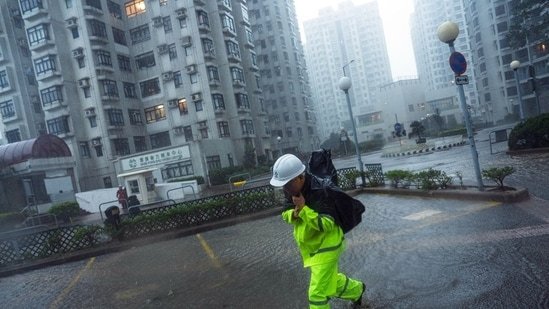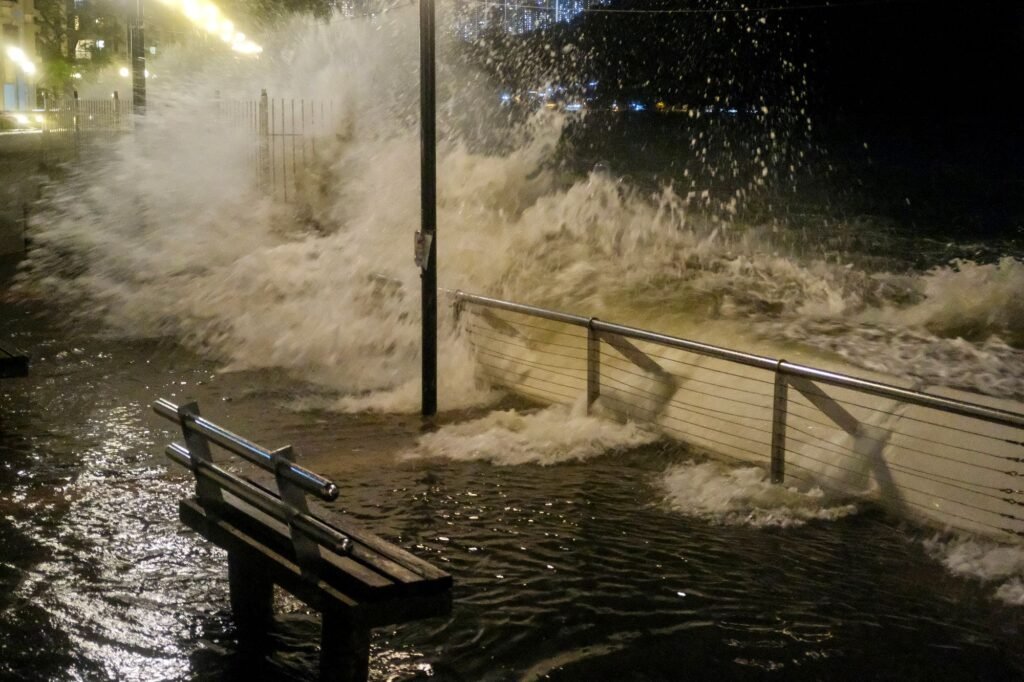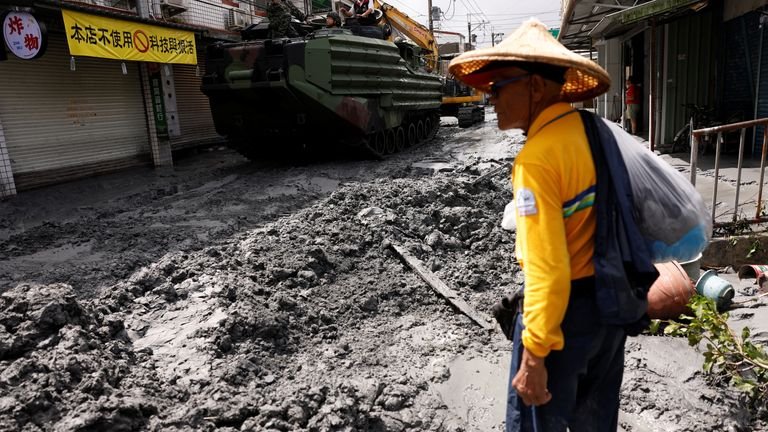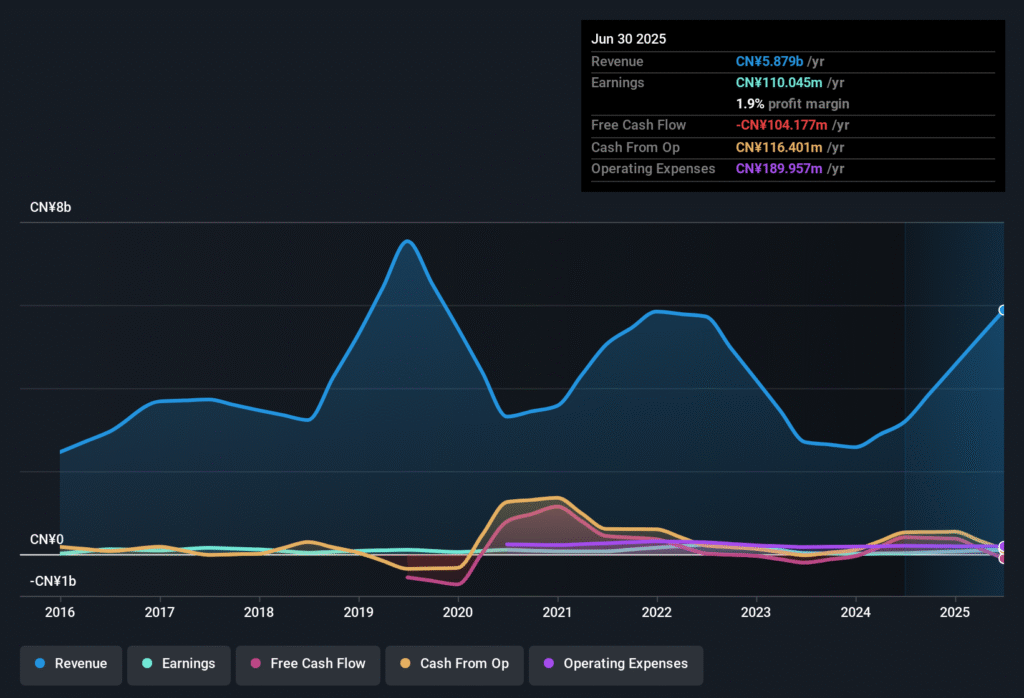China’s powerful internet censors have long been known for erasing political dissent, vitriol against the Communist Party leadership, and mention of sensitive historical events. Now, they’re being unleashed on a new scourge – negativity.
The country’s internet regulator on Monday unveiled a two-month nationwide campaign aimed at curbing pessimism trending on social media, live-streaming and short-video platforms.
Some content being targeted “maliciously misinterprets social phenomena, selectively exaggerates negative cases, and uses them as an opportunity to promote nihilistic or otherwise negative worldviews,” the statement from the Cyberspace Administration of China said.
Others “excessively self-deprecate or amplify feelings of despair and negativity, prompting others to follow suit,” it added.

Years of economic downturn triggered by a property crisis have crushed consumer confidence, dampened consumption and increased unemployment, particularly among young people in China – dimming their prospects and outlook on life. Such sentiment has given rise to the young generation’s embrace of lifestyles like “lying flat,” a term describing the pursuit of a simple, stress-free life that gained prominence on the Chinese internet in 2021.
The crackdown announced this week came after multiple bloggers known for documenting their “lying flat” lifestyle reported that their videos had been deleted and their social media accounts banned.
The internet regulator has also recently penalized internet platforms for failing to moderate content posted on their sites. Popular social media platform Weibo, the TikTok-like Kuaishou, and the Chinese equivalent of Instagram, Red, or Xiaohongshu, were all disciplined this month for allowing “harmful” information like “hyping around celebrities’ personal updates and trivial matters” to appear in trending topics.
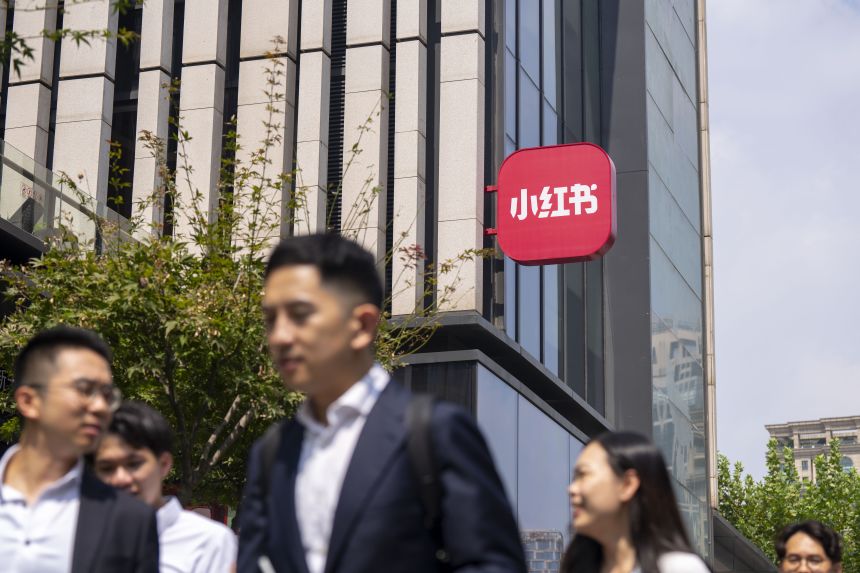
In the Monday statement, the internet regulator said the crackdown also covers content “inciting extreme confrontation between groups,” “spreading fear and anxiety,” and “fueling online violence and hostility.”
Online posts, comments and trending topics about economic rumours, doxxing techniques, and “defeatist narratives like ‘effort is useless’” all fall under the purview of this campaign. It also targets content “selling anxiety” by exploiting concerns around employment, dating, and education to promote sales of classes or related products.
The regulator urged the public to “actively report such cases” to “resist the malicious incitement of negative sentiment.”
A commentary published by state-run media on Tuesday praised the campaign as a “timely” response to the “prevailing chaos.”
“The harm of such maliciously divisive content is significant. It can trigger collective misunderstandings and social panic, marginalize reason and facts, and even spark offline conflicts, causing long-term damage to public order and social trust,” it wrote.
Ja Ian Chong, a professor of political science at the National University of Singapore, who focuses on China, observed that there appears to be a “significant lack of motivation, even pessimism” among Chinese people regarding individual prospects.
He said it was “reasonable to expect” Chinese authorities would seek to encourage consumer confidence and higher consumption to push economic growth. “One way to do so may be to manage public sentiment online,” he said.
China’s economy continues to struggle with myriad domestic and external challenges that put pressure on its annual growth target of 5%. The growth of its factory output and retail sales, a gauge of the country’s manufacturing health and consumption, fell to a 12-month low and a 9-month low, respectively, according to figures released by China’s National Bureau of Statistics.
Also in August, the unemployment rate for those aged between 16 and 24, excluding students, rose to a two-year high of 18.9%, according to data released by the statistics bureau this month.
Chong said that, while the crackdown could well change the tone online, the general sentiment is less likely to change without better life and career prospects, and that China’s internet users would, as they have done in the past, find ways to express themselves online.
The most recent response to outside pressures amid the economic slowdown has been the emergence of “rat people” on the internet – Chinese youths embracing a rodent-like lifestyle, which includes burrowing in bed and ordering delivery meals to avoid going outside.
“The state will try to clamp down on these new terms and expressions as they emerge, but they will simply continue to evolve,” Chong said.

